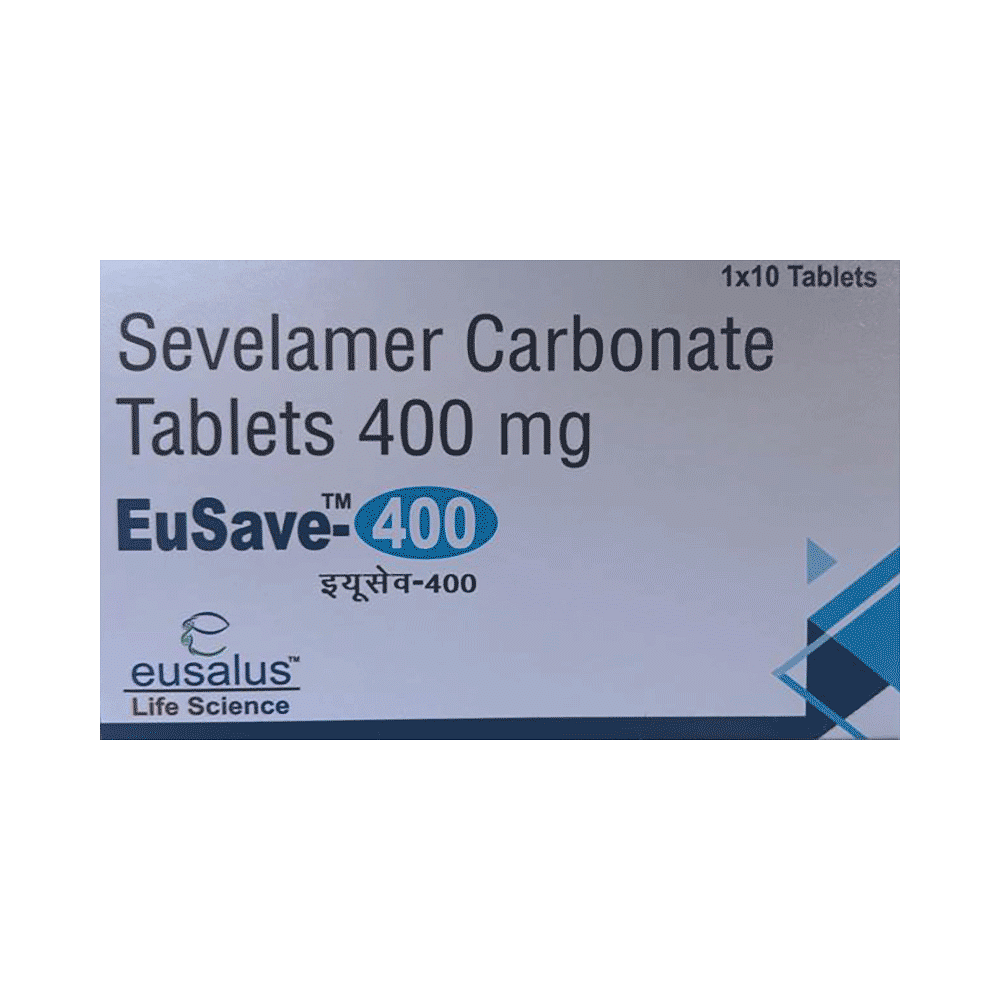
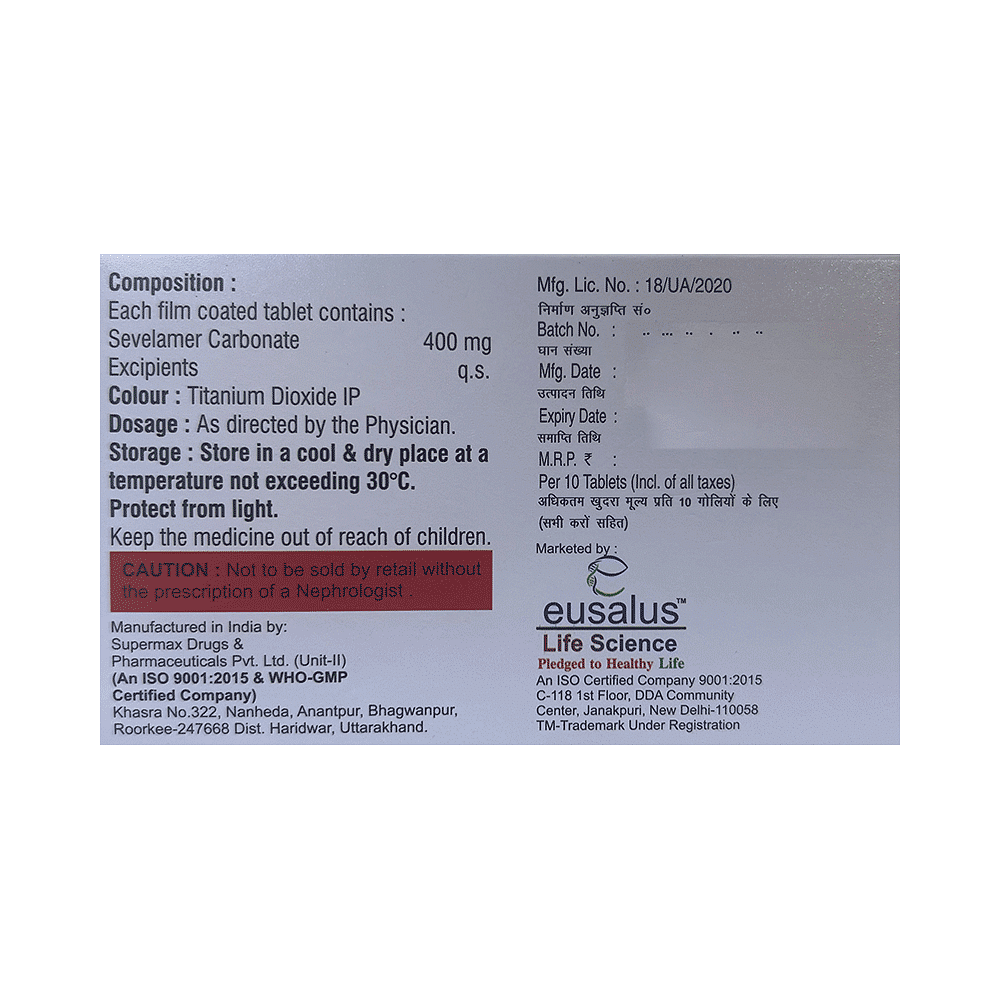
Eusave 400 Tablet
Manufacturer
Eusalus Life Science Pvt Ltd
Salt Composition
Sevelamer (400mg)
Key Information
Short Description
Eusave 400 Tablet is used to treat increased phosphate levels in the blood in patients who are on dialysis due to severe kidney disease.
Dosage Form
Tablet
Introduction
Eusave 400 Tablet is used to treat increased phosphate levels in the blood. It is used in patients who are on dialysis due to severe kidney disease. It inhibits the absorption of phosphate from the intestine and lowers the phosphate levels in the blood.
Directions for Use
Take this medicine in the dose and duration as advised by your doctor. Swallow it as a whole. Do not chew, crush or break it. Eusave 400 Tablet is to be taken with food.
Safety Information
Side Effects
No common side effects listed.
Alcohol Warning
It is not known whether it is safe to consume alcohol with Eusave 400 Tablet. Please consult your doctor.
Breastfeeding Warning
Eusave 400 Tablet is probably safe to use during breastfeeding. Limited human data suggests that the drug does not represent any significant risk to the baby.
Pregnancy Warning
Eusave 400 Tablet may be unsafe to use during pregnancy. Although there are limited studies in humans, animal studies have shown harmful effects on the developing baby. Your doctor will weigh the benefits and any potential risks before prescribing it to you. Please consult your doctor.
Interacting Medicines
Mycophenolate mofetil Tacrolimus Ciclosporin
How it works
Eusave 400 Tablet inhibits the absorption of phosphate from the intestine and lower the phosphate levels in the blood.
Quick Tips
Eusave 400 Tablet is used to control blood phosphate level in patients that are on dialysis treatment. You must take it with food and stick to the diet prescribed by your doctor. You may develop low levels of calcium, folic acid, and vitamins A, D, E, and K in your blood. Your doctor may prescribe supplements if necessary. Avoid taking any other medicine 1 hour before or 3 hours after taking Eusave 400 Tablet. Inform your doctor if you have nausea, vomiting, constipation, pain in the abdomen, or if you have undergone any major stomach surgery.
Related Medicines
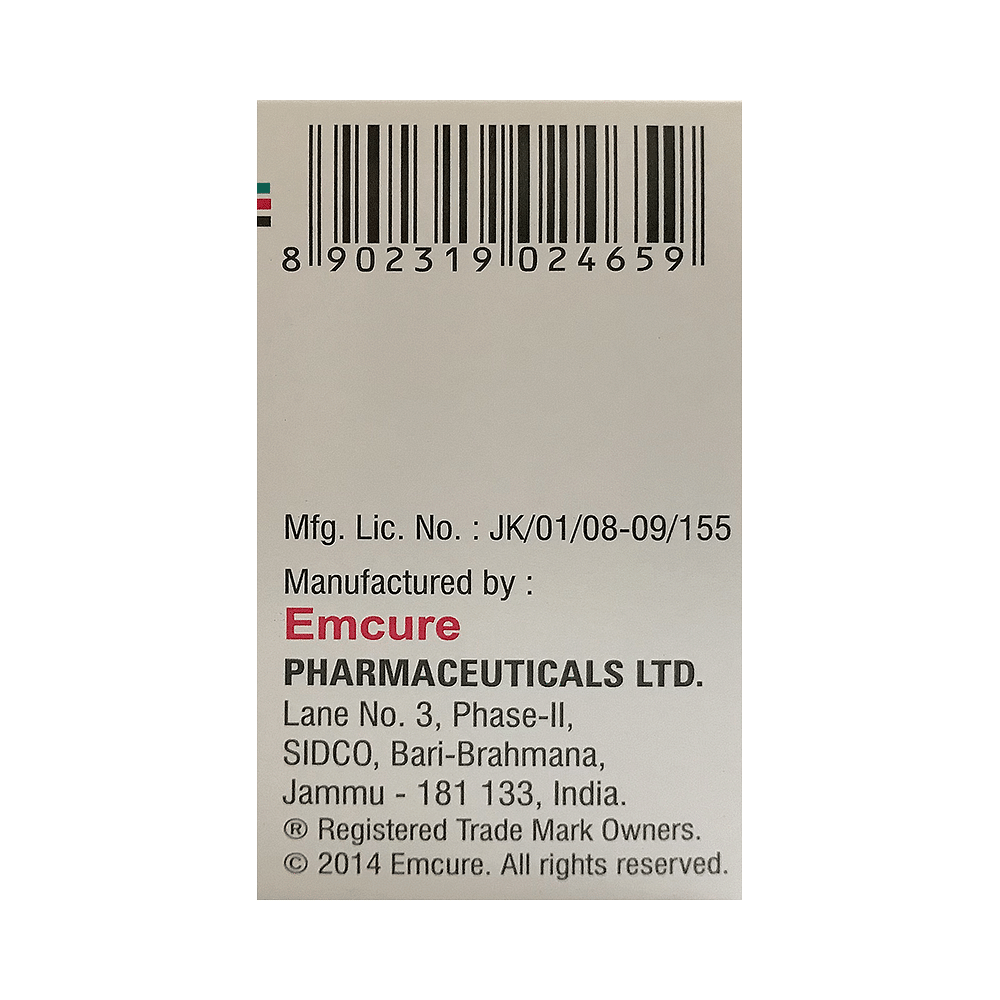
Sevcar-400 Tablet
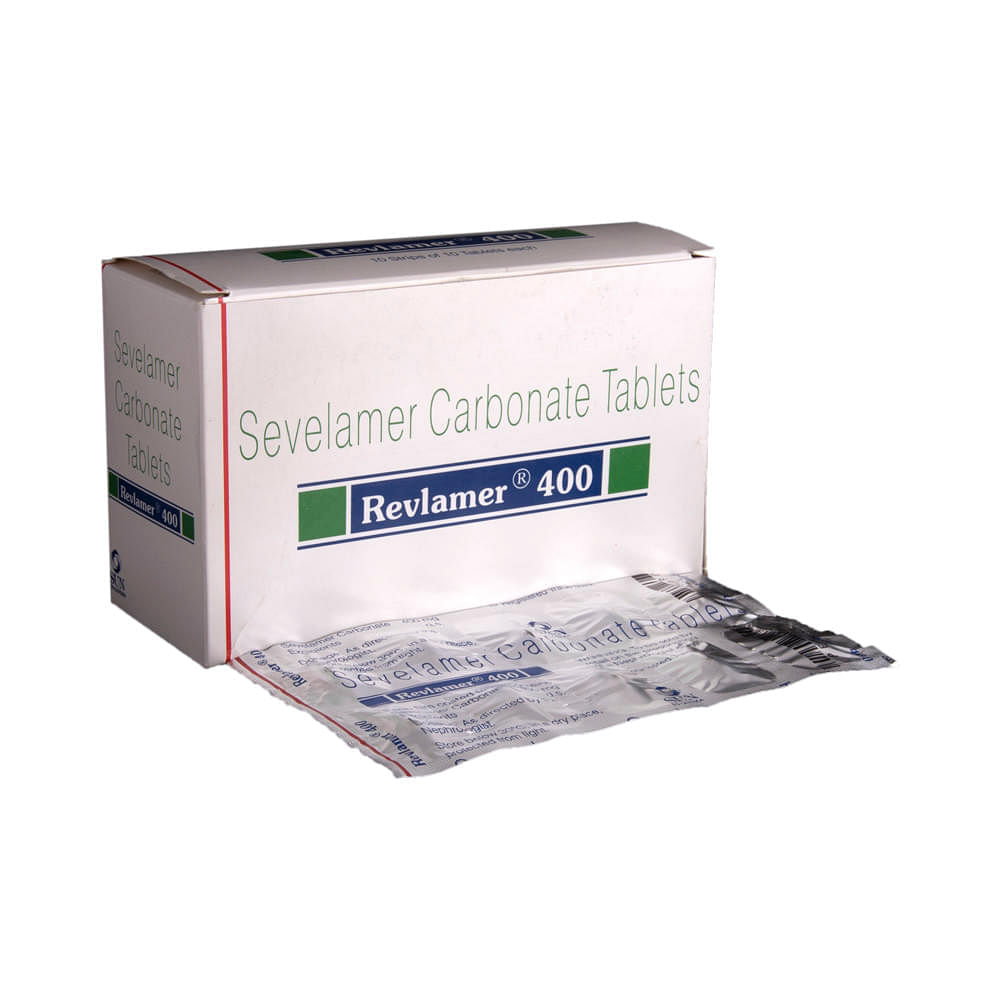
Revlamer 400 Tablet
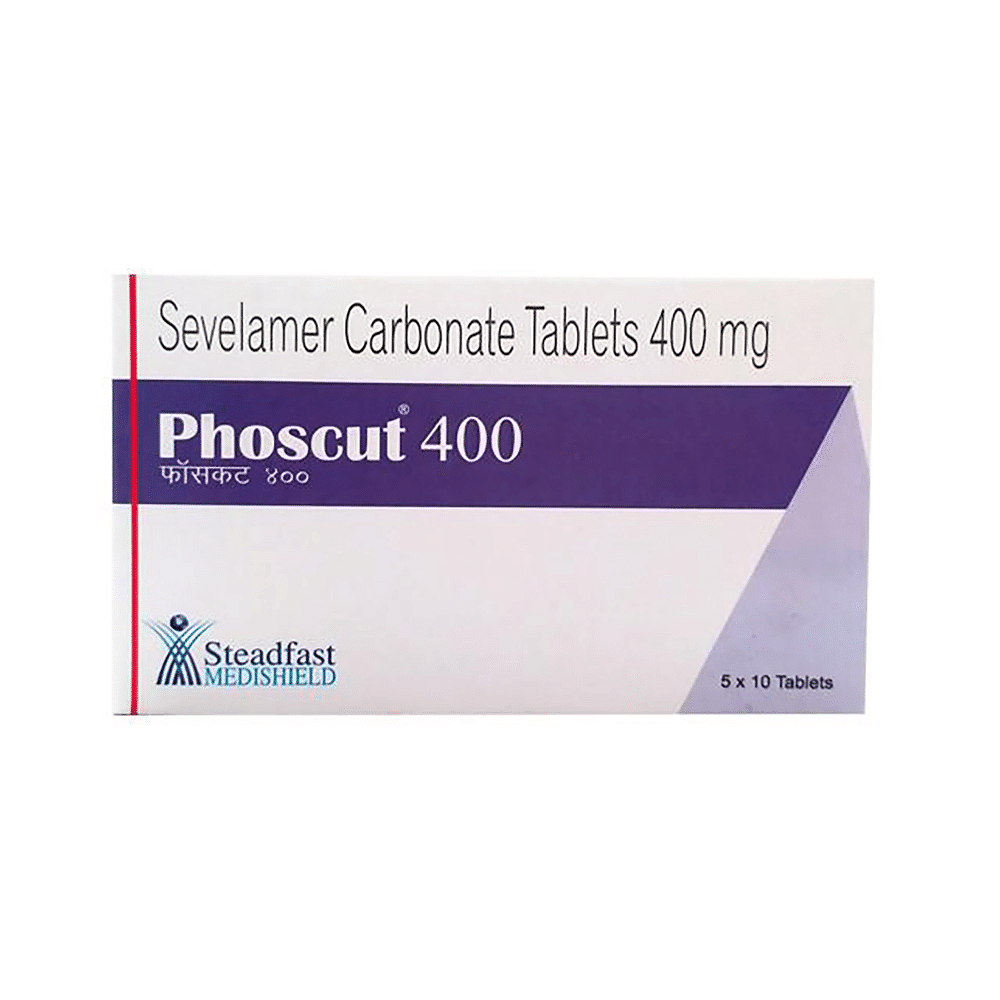
Phoscut 400 Tablet
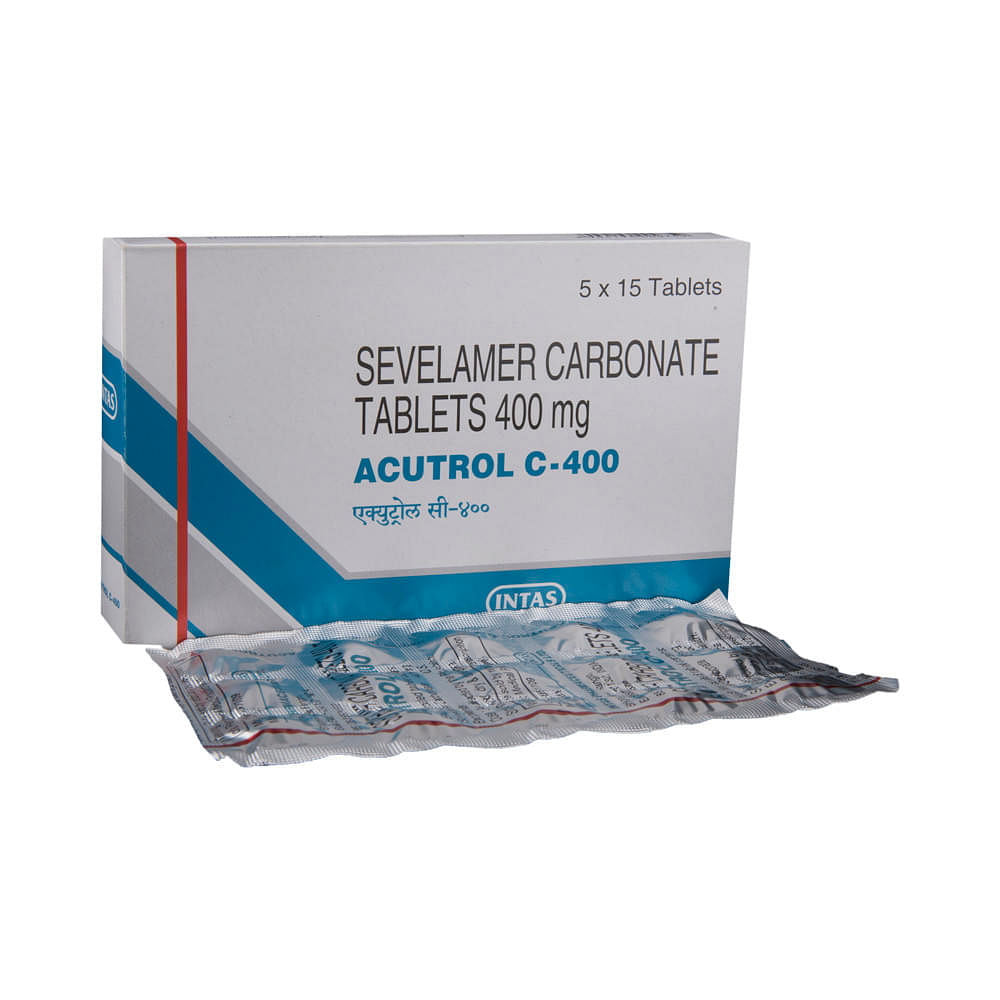
Acutrol C 400 Tablet

Biosev C 400mg Tablet

Sevelar 400mg Tablet

Sevaturn 400mg Tablet

Sevac 400mg Tablet

Sevcept 400mg Tablet
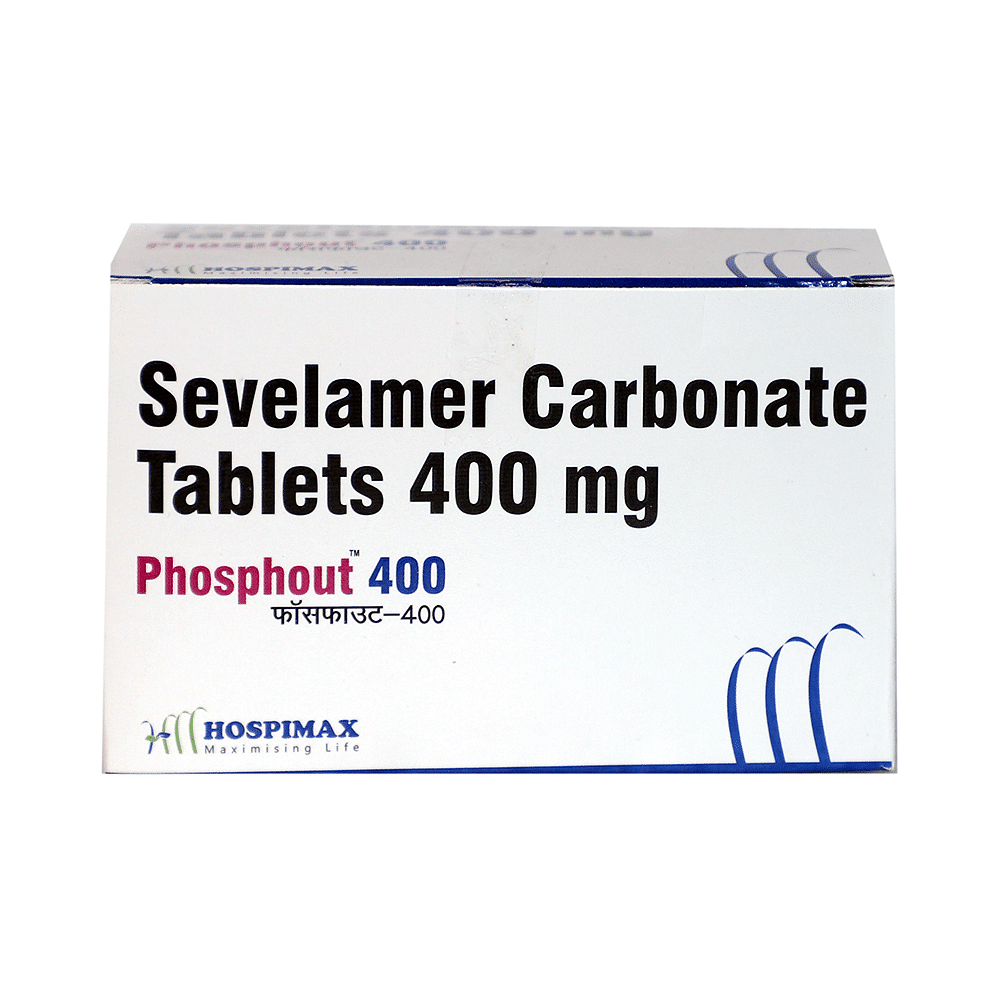
Phosphout 400 Tablet
Frequently asked questions
Is Eusave 400 Tablet taken with food?
Yes, Eusave 400 Tablet can be taken with food. It is recommended to take 1-2 tablets (based on individual needs) thrice daily. It is important to take it with meals because Eusave 400 Tablet works by binding to phosphate from food in the digestive tract. Take it exactly as advised by your doctor.
Can Eusave 400 Tablet be crushed?
No, you should not crush, chew, or break Eusave 400 Tablet into pieces. You should swallow it as a whole with water.
Why is it important for me to take Eusave 400 Tablet?
It is important to take Eusave 400 Tablet as patients undergoing dialysis cannot control the phosphate levels in their blood, especially after a meal. When the level of phosphate exceeds above the range in the blood, it may cause problems such as itchy skin, red eyes, high blood pressure, bone pain, and also increase the risk of fractures. These increased serum phosphate levels are reduced by Eusave 400 Tablet, as it binds phosphate from food in the digestive tract.
Does Eusave 400 Tablet cause constipation?
A common side effect of Eusave 400 Tablet is constipation, though it does not occur in everyone. Other common side effects of the stomach and intestine include diarrhea, indigestion, flatulence, and pain in the abdomen. If these side effects become severe or disturb you, please consult your doctor immediately.
Who should not take Eusave 400 Tablet?
Patients who are allergic to Eusave 400 Tablet and those with low levels of phosphate in blood should avoid taking Eusave 400 Tablet. Additionally, patients having intestinal obstruction should also avoid using Eusave 400 Tablet.
Can I take ciprofloxacin while I am taking Eusave 400 Tablet?
Ciprofloxacin may interfere with the working of Eusave 400 Tablet, and it should not be taken at the same time as Eusave 400 Tablet. However, if taken together then a gap of at least 2 hours before or 6 hours after taking Eusave 400 Tablet should be maintained.
How long do I need to take Eusave 400 Tablet?
Continue taking Eusave 400 Tablet as long as recommended by your doctor. Eusave 400 Tablet lowers your dietary phosphate levels but does not cure your disease, so you may have to take it lifelong; stopping Eusave 400 Tablet may increase your phosphate levels.
Do I need to have any tests while taking Eusave 400 Tablet?
Yes, serum phosphate levels should be monitored regularly while you are taking Eusave 400 Tablet. Additionally, the use of Eusave 400 Tablet may decrease the levels of vitamin D, A, E, K, and folic acid and therefore the levels need to be monitored during treatment.


